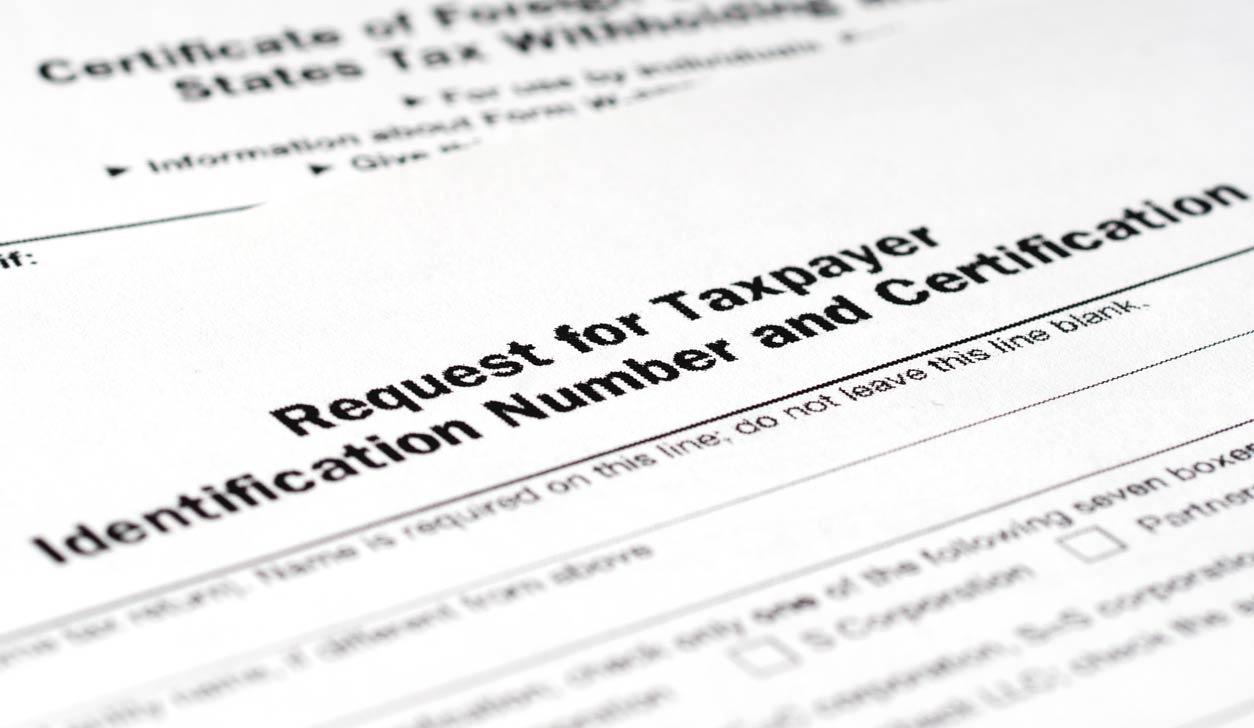Every year, millions of Americans and international citizens launch businesses in the United States. The many benefits of forming a company in the United States steadily emboldens entrepreneurs to take on the multidimensional task of registering their businesses.
Unbeknownst to many, there is no American citizen requirement to register a business in the USA. Savvy international entrepreneurs are taking advantage of the non-residency provision to both form and expand their companies in the United States.
Our comprehensive guide takes you through the various steps involved with opening a company in the USA. Straightforward and easy to read, our guide makes it a simple task to garner the education and knowledge you need to not only get started on registering your business, but also advises you how to effortlessly deal with the most common challenges that occur during the registration process.
Step 1: Determine the legal disposition of your business
Any successful business endeavor must first start with determining and defining the type of enterprise that it is. Common examples include sole proprietorships, corporations, nonprofit organizations, and limited-liability companies or partnerships.
With so many options to choose from, business owners must carefully examine multiple aspects of their business to find the most prudent course of action. Regardless of the type of business you form, each type must be organized as a legal entity that encompasses highly specific financial, legal, and tax concerns.
When determining the legal classification of your business, you should include the level of autonomy and control that you desire, the degree of vulnerability to litigation and lawsuits, and the financing needs.
Also, depending on the legal characterization of your business, there will inevitably be other structure-specific registration requirements. These are often dependent on the state, and registration forms may have to be filed in more than one agency.
If the business is considered a sole proprietorship, or sole trader, then you will not need to register on the state level. However, numerous states require that sole proprietorships register their business name with their own name unless a DBA (Doing Business As) name is registered.
Keep in mind that your choice of business type is not a permanent decision. You can, for example, switch your business classification from a sole proprietorship to an LLC. Businesses change their legal status frequently, particularly when the business experiences significant growth and concurrent risk of liability.
The legal name of your business is necessary on all associated government forms and documents, including, but not limited to licensed, employer tax IDs, and permits. A “fictitious name” may be registered if your business intends on setting up a storefront or selling products under an alternative name.
Consider consulting with your local Small Business Administration chapter to get guidance and advice from those experienced in the business registration process.
Step 2: Obtain the federal tax ID for your business

Acquiring a federal tax ID for your company is a prerequisite to doing business in the USA. Also referred to as an “Employer Identification Number” (EIN), it is used to identify a business entity.
There is an array of methods you can undertake to apply for an EIN/Federal ID number, with an online application among the most convenient and expeditious methods available.
Employer Identification Numbers (Federal Tax IDs) are required for the following:
- Businesses with employees
- Corporations
- Business partnerships
- Other various organizations
EIN/Federal ID tips
- Contact the U.S. Internal Revenue Service at 1-800-829-4933 for assistance and guidance through the process
- Applying for an EIN/Federal ID is completely free of charge
- Businesses are required to inquire with their specific state to determine if they need a separate state charter or number
- Obtaining Employer Identification Numbers do not require having a social security number
Step 3: Taxes
After registering your business with the state (and other agencies if required,) and procuring a Federal Tax ID/EIN, you will need to obtain a Tax identification number,
Any business that sells products will need to pay sales tax to the IRS, and as such, will need either a Vendor’s License or Sales Tax Permit. In addition to remitting taxes to the federal government, businesses will need to pay tax state and local taxes.
It’s of critical importance to be cognizant of the many various taxes involved with owning a business, as a lack of knowledge can result in hefty fines and penalties.
Examples of tax-related requirements include the following:
Employment taxes
Any business that has employees is required to pay federal and varying state taxes. Required by all states within the US is a requirement for businesses to also pay unemployment insurance taxes and state workers’ compensation insurance
Sales tax
The vast majority of states in the USA require that business owners register their business with the state tax agency to apply for any necessary permits to collect sales tax
Income Taxes
The majority of states in the USA determine a business’s tax obligation based upon its legal structuring.
Additionally, nearly all states place levies on corporate or business income taxes. Important to note is that sole proprietorships need to report both their business and personal income tax on a single form while LLCs are taxed independent of its legal owners (if classified as a Limited Liability Company.)
Disability insurance must be paid if a business is in California, Hawaii, New Jersey, New York, or Rhode Island.
Conclusion
Registering and incorporating a company in the USA may seem like a daunting task for aspiring entrepreneurs, established international companies, and many other types of enterprises.
Our comprehensive guide streamlines the business registration process to arm you with the essential information you need to start your company in the United States and be well on your way to substantive market success.


